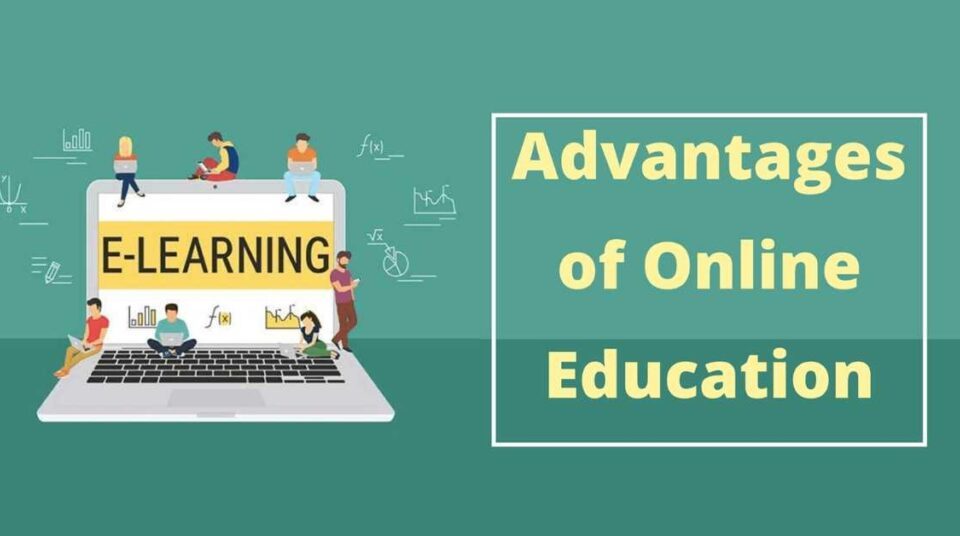Supporting Remote Work With Your LMS

Drag and Drop Storyline Template
February 1, 2022Virtual Reality: A Game Changer For eLearning.
April 5, 2023I speak with people from different lines of work and they have a different conception of what a learning management system is and what exactly it does and how it can help the remote work style.
Well, your number 1 eLearning evangelist is, here again, to make it easy to understand.
Firstly, what is an LMS?
According to share knowledge “A learning management system is a software application that provides the framework that handles all aspects of the learning process – it’s where you house, deliver, and track your training content.”
Another definition by Tech Target says “A learning management system (LMS) is a software application or web-based technology used to plan, implement and assess a specific learning process. It is used for eLearning.”
From the two definitions above, one thing is constant and that is it’s a platform used for LEARNING.
Working from home can be beneficial for employees and businesses alike, especially during emergency situations. Companies can continue serving their clients while keeping their team members safe, and workers can enjoy greater flexibility. However, there are some challenges remote work comes with, they are:
- Lack of personal motivation
- Time management troubles
- Communication difficulties
- Loneliness (especially for those that live alone).
As someone that loves to engage with people, working from home took a toll on me especially when it seems like “work isn’t going well”.
Here are things you can do with your LMS to improve some of these challenges in your organization:
- Collaboration: An LMS can provide opportunities for interaction on forums or in company-wide activities. For example, a company can use an LMS as a culture-building tool and frequently provide company-wide initiatives that are managed through the LMS. In this way, the LMS can ensure that employees still enjoy human interaction and connection with their colleagues while working from home.
- Convenient contact: Thanks to online, cloud-based training solutions, reaching groups of employees and individual team members is easy for L&D managers on the LMS. Whether this means giving more group assignments or more forum discussions, encouraging video conferencing sessions or providing interactive training materials, the platform is accessible anytime and anywhere.
- Team-strengthening activities: Many businesses organize group training sessions. The opportunity to socialize and learn with other people can have an excellent impact on employee satisfaction and productivity. These sessions also provide a chance for employees to realign their daily activities with the company mission.
- Engaging professional support: Personalized, relevant training activities via the LMS often provide more tangible, engaging, and measurably successful learning experiences. The ensuing boost in skills or knowledge is often accompanied by a mirrored boost in morale, confidence and performance, motivating employees with professional development that supports their success.
- Tracking and reporting: L&D managers to monitor the ongoing needs of employees. LMS platforms offer significant flexibility for course design so professionals can create tailored instruction for emergency situations. With an LMS, you can address time-sensitive issues and provide helpful guidance that makes a difference precisely when it is needed.
Maximizing your LMS while working remotely is not easy work and I know. Here are a few tips to make your work lighter.
- Use audio-visual communication tools where possible: Chat messages are fast and easy to send, but they can also lead to mistakes and misunderstandings when working remotely. Take advantage of LMS features for video, audio recordings, or other media plugins and tools to relay messages quickly and easily.
- Encourage healthy competition: One way to keep people motivated is by incorporating gamified content into your learning strategy. For example, grouping individuals into various teams can provide a sense of camaraderie and help employees engage with one another. Using badges, points, or leader boards to recognize achievement can help employees maintain their forward momentum by inspiring self-motivation as well as some friendly competition with colleagues.
- Confirm attentiveness: Another helpful feature of LMS software is the ability to check that team members are engaging with your training content. Organizations can collect both formal and informal learning data through their LMS in order to track and report on the effectiveness of their L&D programs.
- Track progress: For eLearning and remote projects, administrators need to stay on top of employee progress. This is more beneficial to you than the learners so you can see how well you’re doing.
In summary, you can do more than just upload courses and assessments on your LMS. Get comfortable with using it informally for discussions, instant messaging tools. Add game features to it like leader boards and badges for motivation and watch how people enjoy using the platform.
As L&D managers or learning administrators, we should also enjoy good things when we put in such amazing work. If you start seeing positive results don’t hesitate to pour yourself a drink and cheer to health and productivity.
If your LMS doesn’t have some of the features and strategies I wrote above feel free to send me an email and we can talk about how to upgrade your LMS to make it more interactive and more useful to your organization.
If you don’t have an LMS, kindly send an email to [email protected] and we will respond to you.




